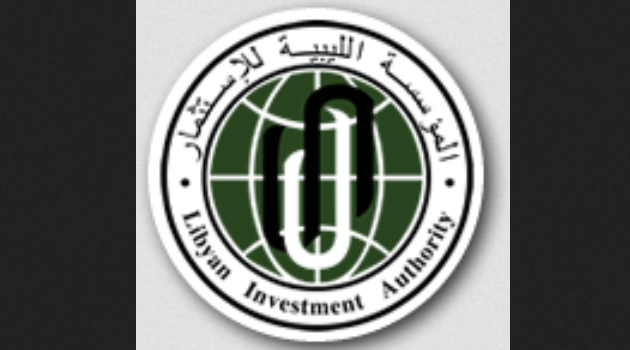By Adam Nathan.
The newly-appointed Chief Executive Officer (CEO) of the Libyan Investment Authority (LIA), the country’s sovereign wealth find, which holds $67 billion of assets, said he is seeking to work and co-invest with international investors including major oil companies to boost his country's wealth.
 In his first interview with the media, Mr Ali Shamekh (pictured), who was unanimously appointed CEO on August 6th by the board of directors of the Tobruk-based LIA, then headed by Mr Hassan Bouhadi, told Libya Business News that he wished the LIA should work as one organisation and that its assets should now be unfrozen as soon as possible in line with Libyan and international Laws in order to boost the oil industry, which is in urgent need of investment.
In his first interview with the media, Mr Ali Shamekh (pictured), who was unanimously appointed CEO on August 6th by the board of directors of the Tobruk-based LIA, then headed by Mr Hassan Bouhadi, told Libya Business News that he wished the LIA should work as one organisation and that its assets should now be unfrozen as soon as possible in line with Libyan and international Laws in order to boost the oil industry, which is in urgent need of investment.
“We will be looking to assist and cooperate with the NOC [National Oil Corporation] to upgrade and rebuild the oil and gas infrastructure and damaged installations, and to look for cooperation with international investors who are willing to help Libya with infrastructure to rebuild our oil industry and power production.” said Mr. Shamekh by phone from Cairo.
Mr. Shamekh welcomed the joint statement issued by Mr. Abdulmajid Breish, Chairman of the Tripoli LIA, and Mr. Fauzi Farkash, Chairman of the Tobruk LIA, aiming to unify the organisation. He pledged to work and cooperate with both Mr. Farkash and Mr. Breish in order to have a unified LIA for the best interest of the corporation in particular and Libya in general.
Mr. Shamekh assured that the LIA is for all Libyans and that it would stay away from political in-fighting as well as staying at an equal distance from all political parties, particularly the rivalries between Tobruk and Tripoli, and that he aimed to run the LIA with the highest professionalism and in accordance to the latest governance and transparency standards.
Asked when Mr Shamekh thought the LIAs’ assets would be unfrozen he replied:
“This will be subject to our common discussions we are already having now and subject to the opinion of our international partners with their support and help and we are really looking for the support and the understanding from the UK and other western countries in order to help us with the problems and difficulties facing the Libyan economy”.





